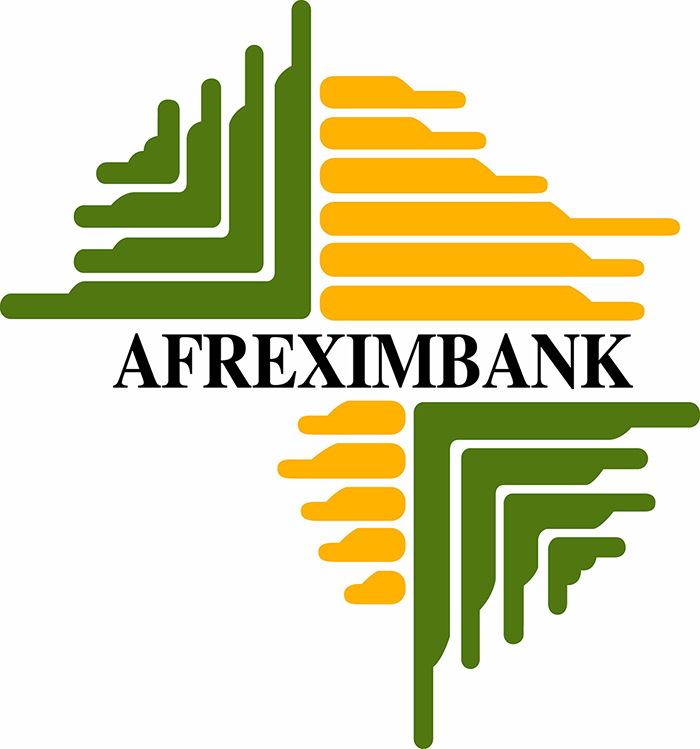20 October 2014, Lagos – Fitch Ratings has upgraded Togo-based Ecobank Transnational Incorporated’s (ETI) the holding company of the pan-African Ecobank group) Long-term Issuer Default Rating (IDR) to ‘B’ from ‘B-‘ and Viability Rating (VR) to ‘b’ from ‘b-‘.
Fitch further stated that the bank’s outlook is stable, stressing that its IDRs was based on its intrinsic creditworthiness as reflected in its VR. The upgrade of ETI’s VR and Long-term IDR reflects its stronger capitalisation following Nedbank’s (BBB/Negative’) acquisition of a 20 per cent stake in the group in October 2014.
 Upon acquisition of the stake, Nedbank converted USD285million outstanding subordinated loans, which were accounted for as regulatory tier 2 capital, into equity and injected an additional USD208million.
Upon acquisition of the stake, Nedbank converted USD285million outstanding subordinated loans, which were accounted for as regulatory tier 2 capital, into equity and injected an additional USD208million.
Due to the debt conversion and capital increase, ETI’s Fitch core capital ratio improved to around 16 per cent (from 10.2 per cent at end- full year, FY13) and double leverage declined materially to around 104 per cent (from 143 per cent at end-FY13). Regulatory tier 1 and total capital ratios have also improved to around 16.4 per cent (FYE13: 13 per cent ) and 17.3 per cent (FYE13: 16.3 per cent) respectively.
The upgrade reflects Fitch’s assumption that ETI will maintain high capital ratios and low double leverage. Furthermore, in Fitch’s opinion, with Nedbank and Qatar National Bank (QNB; A+/Stable) becoming strategic shareholders,
ETI’s access to capital for its ordinary operations has significantly improved. QNB’s stake stands at 17 per cetn. As a leading pan-African banking group, ETI has fully fledged banking subsidiaries in 36 countries across the region. These countries are either not rated or have low ratings (between ‘B’ and ‘BB-‘). Fitch considers ETI’s operating environment volatile and challenging, which has high influence on the VR. Fitch also views financial market developments and regulatory frameworks as weak in most of these jurisdictions.
Around 40 per cent of ETI’s assets are in Nigeria (BB-/Stable) where its 100 per cent owned main operating subsidiary, Ecobank Nigeria, is based. Therefore, the group’s prospects are, to a large extent, linked to those of its Nigerian operations, which are improving following several years of under-performance. Fitch expects internal capital generation to improve, given ETI’s strong profitability trends. ETI has to date proven its ability to deliver consistently strong and diverse earnings from its subsidiaries.
Although past performance has been hampered by high loan impairment charges, mainly in Nigeria, these are forecast to decline with improving asset quality. Following large write-offs its NPL ratio fell to a low 4.2 per cent at end of first quarter 2014, 1H14, which although positive, can be variable given its exposure to emerging industries and low-rated sovereigns. Fitch believes ETI will benefit from substantial synergies with Nedbank and QNB. These could be in cross-border banking as well the sharing of technical skills, strong governance practices and risk management expertise.
*Peter Egwuatu



